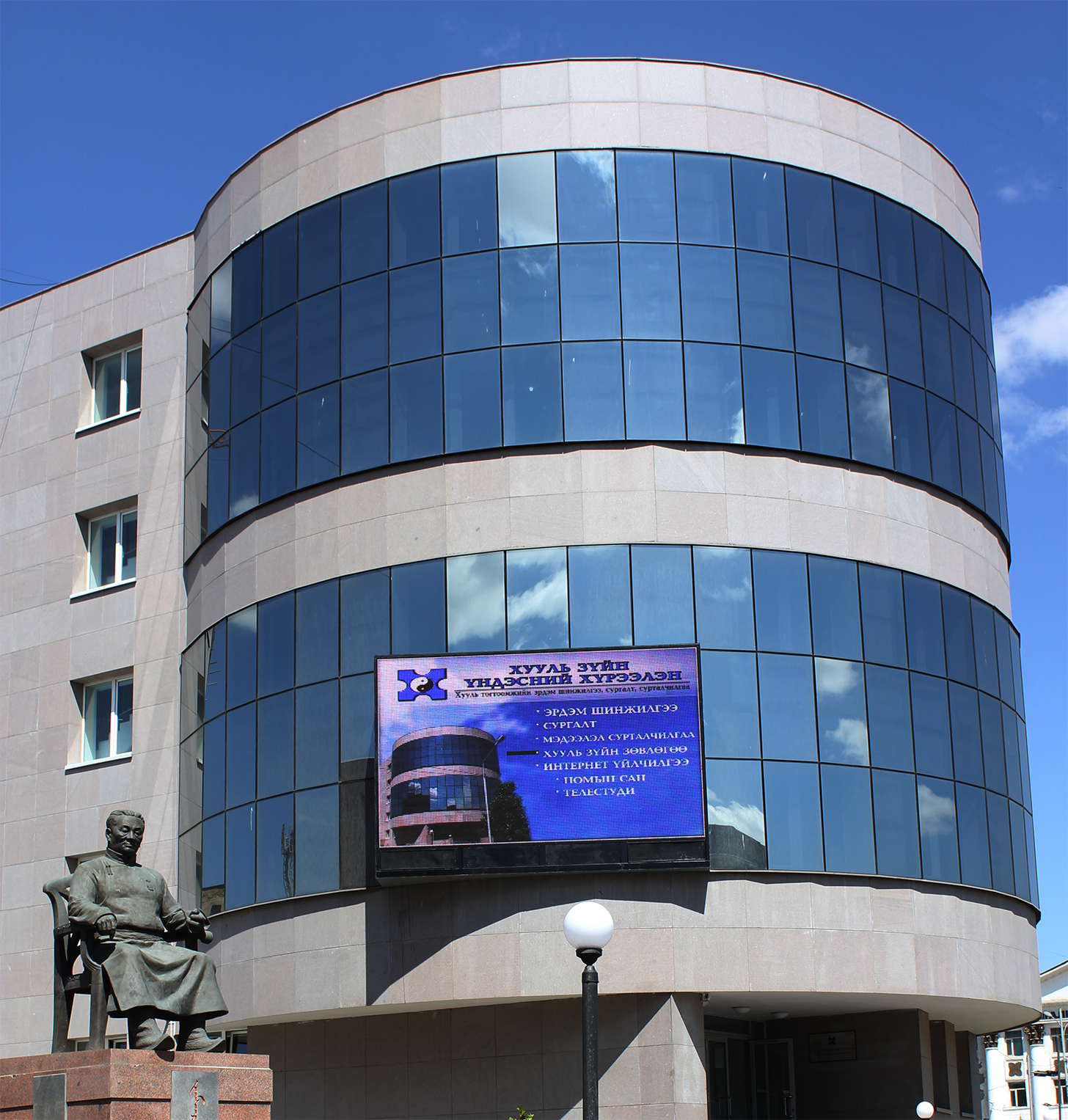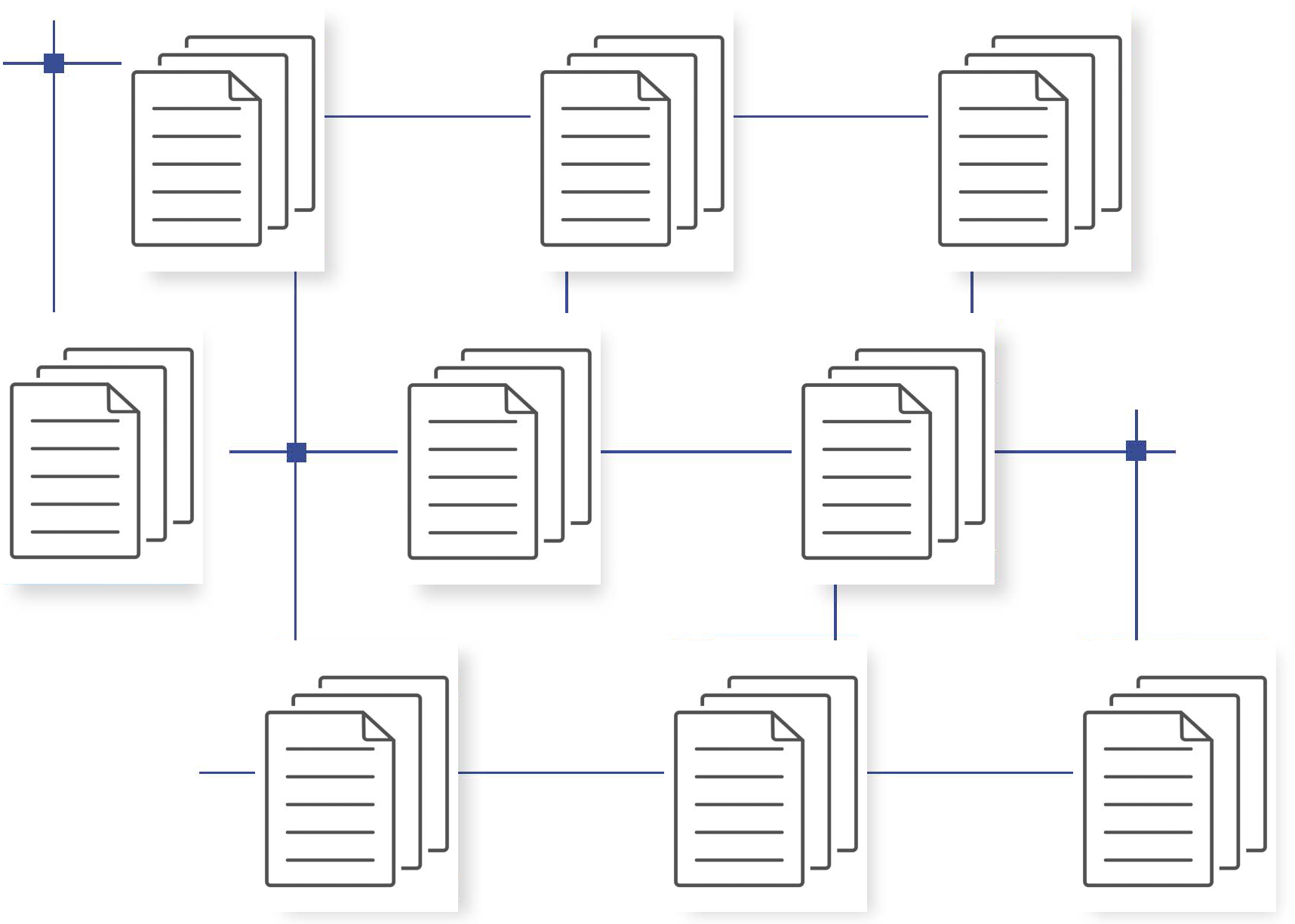
Papers | Speakers
Objective
The National Legal Institute of Mongolia (initially known as “the National Center for Research, Training, Information, and Public Relations for Legislation and the Judiciary”) was established by a directive of the Minister for Justice and Home Affairs (No. 222, dated 26 September 2002). In the twenty years since its foundation, the NLI has spearheaded the intellectual endeavors of scholars and researchers both at home and abroad, playing an important role in Mongolia’s legal landscape. Drawing from many years of legal research, learning, and practical experience, it is the right time to reflect on the process, extent, outcome, and lessons of the legal reform in Mongolia that has been promoted since the promulgation of the country’s new constitution in 1992. The objective of this international research conference is to draw the attention of experts in the field to these and many other issues.
Topic
“Law and Development in a Time of Crises”
Rationale
What has driven the process of building a society that values democracy, free market, and human rights as guaranteed in Mongolia’s constitution is the totality of laws and regulations that have been designed, adopted, and enforced in the last 30 years. Therefore, apart from focusing on legal rules and institutions, it is vital to look at the legal system as a whole while taking account of its internal logic and the interconnectedness of its various parts. Such views have come to be expressed by such leading scholars as academician S. Narangerel, the author of “Legal System of Mongolia.” He is the proponent of the idea that the constituent elements of a legal system are interwoven together, and any desired results are possible only by improving them in a close connection.
Legal rules are usually thought to have two layers of impact. The first layer determines the rules and principles of conduct of those to whom they are addressed. More importantly, the second layer is the specific social, economic, and other objectives to be achieved through the conduct of individuals and legal persons. That is why Mongolia’s legal research community in recent years has increasingly adopted various new methods and types of legal analysis such as ex post impact analysis of statutory instruments, regulatory needs assessment, cost-and-benefit analysis, ex ante impact analysis of proposed legislation etc. It is quite popular among research people to investigate the actual application of legal rules in practice, for instance, by the courts but the ultimate purpose of law and regulation is to achieve the intended social and economic outcomes. The latter point is the focus of this conference.
Internationally, the question of social and economic consequences of not only legislation but also legal systems is the key subject of the field of “law and development.” The field has produced a vast body of research since the 1960s. Countries need to build on this body of knowledge, particularly its methods and approaches.
Consequently, any analysis of the legal reform in Mongolia may fruitfully benefit from comparison with foreign experience and global trends, and also from the results of the most recent research in law and development. The significance of this conference’s topic is further supported by the recent crises with such global impact as the Covid-19 pandemic and the Ukrainian-Russian military conflict. The State Great Hural of Mongolia had to respond quickly by passing in 2020 the law on prevention and combat against Covid-19 pandemic and reduction of its negative social and economic impact. Another piece of legislation dictated by the crises is the 2022 law on public expenditure savings.

Invitation
The organizers kindly invite to this conference scholars from overseas who are interested in law and development as well as in the transition experience of Mongolia, practitioners who have extensive experience working in multilateral and bilateral donor institutions, law professors, policy makers, and independent researchers.
Papers

We request to submit abstracts in English or Mongolian by July 15, 2022 and full papers by September 1, 2022. E-mail: sukhbaatar@legalinstitute.mn
Participants are encouraged to present their papers online on the day of the conference or they may attend the conference in person (travel and other expenses are not covered).
Papers will be compiled and published by the organizers.
In their papers, participants may address issues related to substantive and/or procedural law in the following areas:
- Constitutional law
- Administrative law
- Civil law
- Business law
- Company law
- Criminal law and others.
Participants are encouraged to place the issues of their interest within the general theme of the conference while having in mind its rationale.
Honorarium
The organizers are willing to offer a small honorarium to each speaker. The right to publish the papers in a compilation will remain with the NLI.
Time and venue
We are tentatively planning to hold the conference in the Lawyers’ Room at the NLI on September 26, 2022 (Monday). Online participation with simultaneous translation will be arranged for foreign speakers not able to attend the conference in person.
